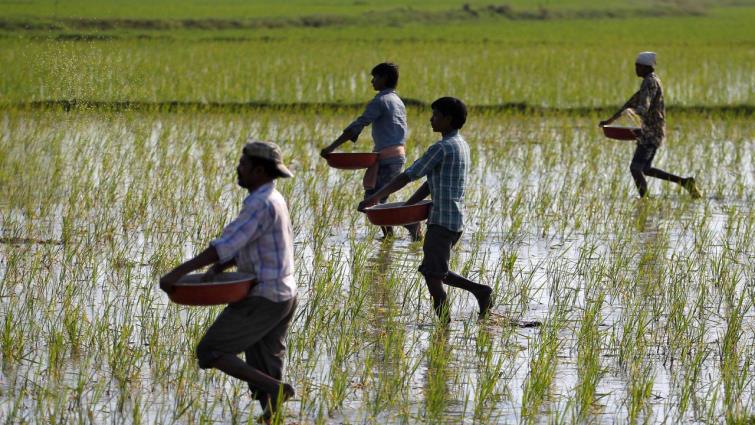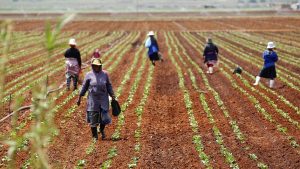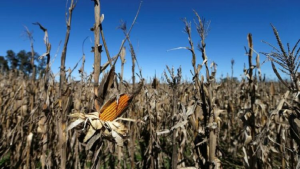The decision by India to implement loan waivers for the millions of its farmers dominated emerging market discussions at the World Economic Forum in Davos.
India’s Chief Minister Kamal Nath told delegates at the gathering that government took over the loans totaling $8 billion in order to revive the sector.
This week International Monetary Fund announced that India is projected to grow at by 7,5%. This is despite some of the challenges facing the country mainly unemployment and farmers’ distress.
Unemployment in India is currently sitting at around 3.5%.
Recently India took an unusual decision when it took over all debt owed by the country’s farmers.
India’s Chief Minister, Kamal Nath says, “A farmer is born in debt and he dies in debt, so when you waiver off that money you are infusing into the state economy. You got to hold the bull by the horns, it’s one step towards reviving the Agriculture sector. What we have done is we have taken over these loans and asked the banks for a one time settlement. Now they have done it for the industry, banks have taken a haircut of 40 to 50 percent, then why not for farmers.”
The IMF has raised concerns about India’s government decision to bailout its farmers. Nath says despite the country’s high growth rate, lives of many ordinary Indians, particularly farmers have not improved:
“What does this 7.5% translate into – does it translate into jobs or domestic investment. Because GDP is a fancy figure I have told people for a long time a commerce minister and sometimes it can be misleading.”
Speakers at the World Economic Forum have raised concerns about the growing obsession with GDP. Some have argued that GDP should be looked at along with other measures including happiness and wellbeing index.
Mariana Mazzucato is Professor of Economics at the University College London. He says “In the UK we have been mainly growing due to consumption, it’s been fuelled by private debt….”
South Africa is expected to grow at 1.7% this year. President Cyril Ramaphosa aims to attract new investment in order to grow the economy.
“We recognise that we cannot create work on any meaningful scale unless we grow the economy…”
Ramaphosa is leading a team of ministers and business executives at the World Economic Forum to attract investment.






